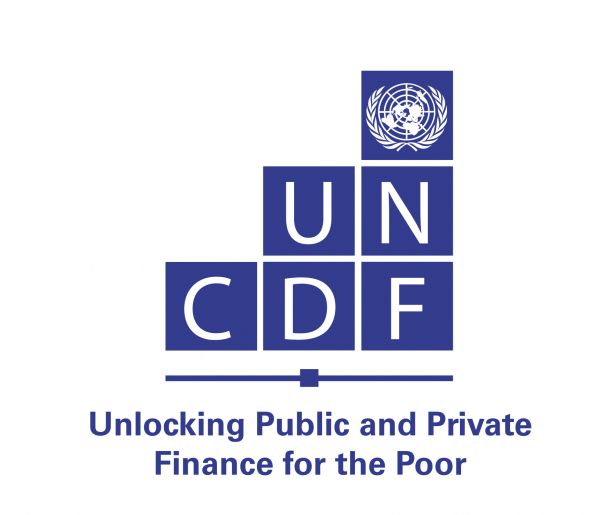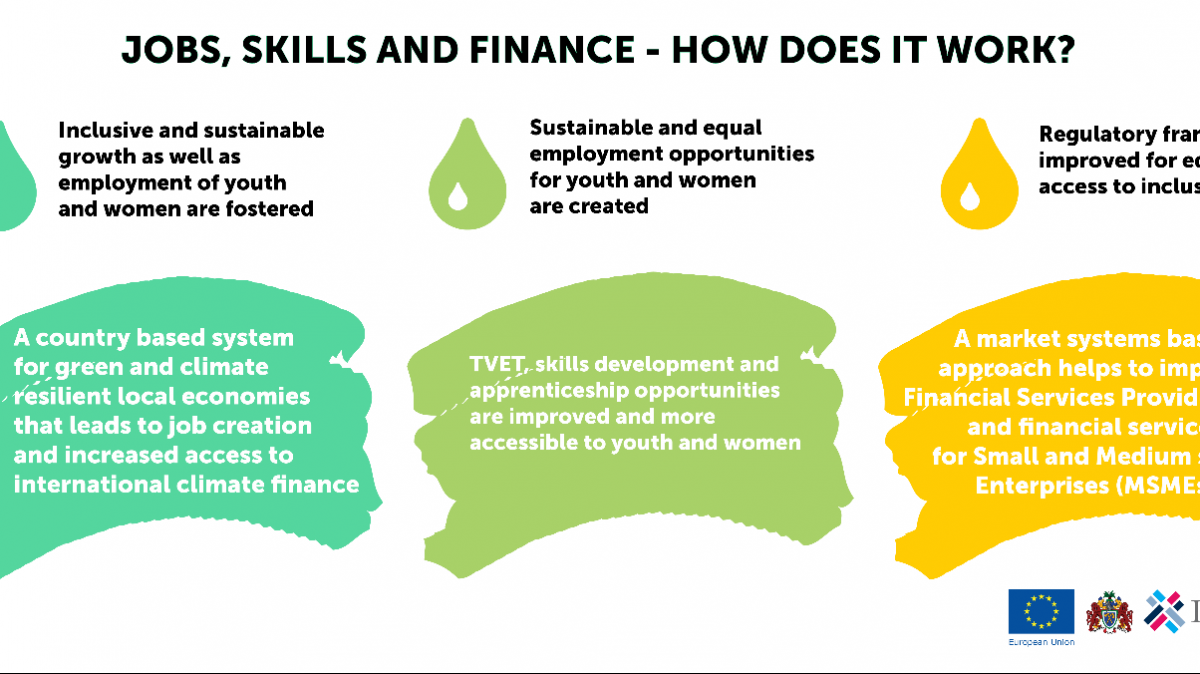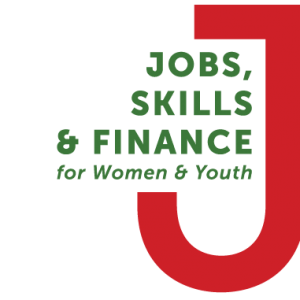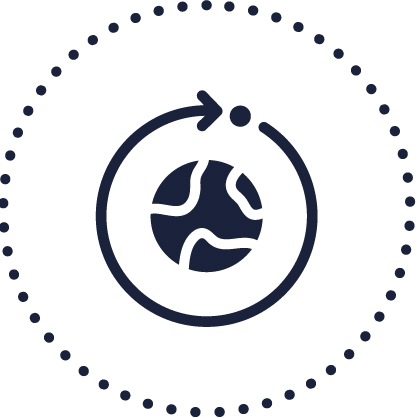The Jobs, Skills and Finance (JSF) for Women and Youth in The Gambia Programme
The Programme’s overall objective is to reduce poverty through improved inclusive and sustainable growth, and employment. It will contribute to stabilizing the economic, social, and security situation of the country during the democratic transition, with a specific emphasis on promoting gender equality and addressing climate change.


Overview of the project

With a budget of 16,000,000 EUR, the programme aims to create 3,000 direct jobs for youth and women. Through a combination of grants, technical assistance and convening power, the programme will aim to:
- Increase employment of women and youth through green, and resilient economies – by supporting local authorities, and communities to develop climate resilient investments that, in turn, can create job opportunities for vulnerable groups through “cash for work” (C4W,) and procurement to local micro, small, and medium enterprises (MSMEs). The JSF Programme in The Gambia is rolling out the Local Climate Adaptive Living Facility for locally led climate adaptation, designed by UNCDF
- Improve opportunities in education and skills development for women, youth and MSMEs – by providing support to TVETs, and other local training providers to improve the quality, and accessibility of vocational training schemes offered to youth and women, which will be linked to the C4W opportunities, and key sectors of economic opportunities at the local level
- Increase access to inclusive finance – by using a market systems approach to support the development, and scale-up of targeted financial services and products, particularly for women and youth, and the development of financial inclusive markets.
The JSF Programme aims to contribute to stabilizing the economic, social, and security situation of the country during the democratic transition by facilitating social inclusion and employment of the youth and women, with a specific emphasis on promoting gender equality, and addressing adaptation to climate change.
implementation
2018 - project still in progress
- 20 wards in 4 Regions. 45,878 Direct and 218,000+ Indirect Community Beneficiaries of projects
- 3025 temporary jobs
- 37 projects- Boreholes & pipe extension, Women vegetable gardens, Culverts, integrated poultry farms and tree nurseries
- Climate risk assessment report and web based Local Information system on Adaptation (LISA)
- 50,000 beneficiaries + financial inclusion – access, usage, affordability and financial literacy (C4W, Bayba, Women Product, Crowd Funding, Ecommerce, Fintech etc)
- 3 SMEs Impact Financing – Tropingo, Aspuna and Maruo Farms (1,000 + jobs to be created)
- National Financial Inclusion Strategy Formulation and Drafting
- Credit Guarantee Scheme Pilot Implementation (Budget supplementary from SIDA)
- Support identification of at least one local direct access entity accreditation to the Green Climate Fund (GCF)
LoCAL-The Gambia is one of three components of the Jobs, Skills and Finance for Women and Youth in The Gambia (JSF) Programme funded by the 11th European Development Fund.
The programme is helping to stabilize the country’s economic, social and security situation during its democratic transition by facilitating the social inclusion and employment of youth and women, with a specific emphasis on promoting gender equality and addressing climate change.
JSF operates through two components:
- Job creation for youth, women and local communities and equal access to employable skills development
Improved access to finance - Activities undertaken as part of the first component, featuring the LoCAL performance-based climate resilience grant (PBCRG) approach, aim at creating jobs, particularly in the green economy.
“This program has positively impacted my life in the image of many young unemployed Gambians who used to spend time brewing, and drinking green coffee. Today, with the stipend I got from the cash for work, I started a small-scale poultry farm with D4,800.00 equivalent to 200 chicks, and have access to financial services, such as savings and loans. Through this program, I am doing my engineering course at Gambia Technical and Training Institute (GTTI). I never believed I could get all of these opportunities in my small village,” said 38 year old Gidome Sabally, a mason from Wellingaraba, and part of the cash for work programme.
The project is funded through the EU.
organisation
The UN Capital Development Fund makes public and private finance work for the poor in the world’s 46 least developed countries (LDCs).
UNCDF offers “last mile” finance models that unlock public and private resources, especially at the domestic level, to reduce poverty and support local economic development.
UNCDF’s financing models work through three channels:
- Inclusive digital economies, which connects individuals, households, and small businesses with financial eco-systems that catalyze participation in the local economy, and provide tools to climb out of poverty, and manage financial lives
- Local development finance, which enables localities to drive local economic expansion, and sustainable development through fiscal decentralization, innovative municipal finance, and structured project financing
- Investment finance, which provides catalytic financial structuring, de-risking, and capital deployment to drive SDG impact and domestic resource mobilization
- International Trade Centre (ITC)
- The Government of the Gambia





